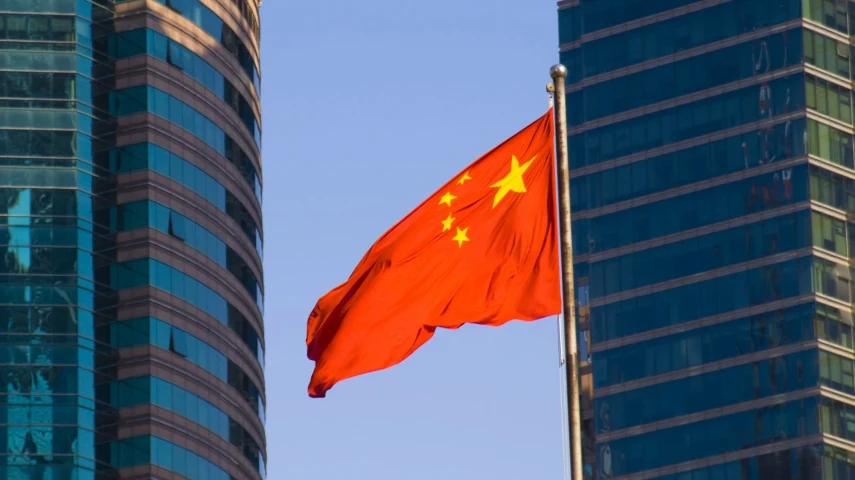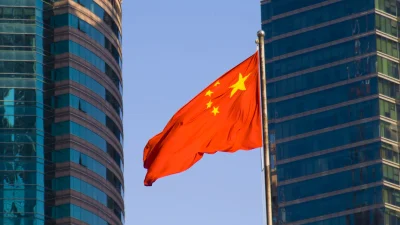Magellan manager quells China concerns



The Chinese economy may be a downside risk but investors should not expect it to impact heavily on global growth, according to Magellan.
In a webcast, Magellan Global fund manager, Arvid Streimann, was asked whether he believed investors were underestimating the impact that economic malaise in China could have on the global economy.
He said: “When it comes to the Chinese economy and the Chinese economic outlook, our suspicion is that the Chinese government is highly incentivised to stimulate growth but they’re not going to do it in a ‘big bang’ fashion. There are some imbalances in the Chinese economy and if they do a ‘big bang’ type of stimulus, then it might inflame those imbalances which they have been working quite hard to reduce.
“[We] think it’s going to be an incremental and piecemeal type of stimulus that the Chinese government will implement. The question is, when do they start doing it and how big is it?
“As to the downside risk to the global economy, it clearly is a downside risk. But the political motivations and economic motivations of policymakers in China are clearly aligned with ensuring the global economy doesn’t go south.
“The Chinese economy, and the legitimacy of the Chinese government, is based entirely on a standard of living upgrade, and is an export-driven economy, so they are highly incentivised to make sure that the rest of the world buys their stuff.”
As for how he is playing the China story in the $7.1 billion Magellan Global fund, Streimann said the fund steers clear of investing in domestic Chinese equities.
“The Chinese economy is something that we pay close attention to but we are not going back to investing in domestic Chinese equities,” he said.
The fund currently has 5 per cent weighting in China, which increased slightly at the start of the year on the back of the reopening from COVID-19, but these are companies that generate most of their revenue from China rather than domestic holdings.
This is an about face from just two years ago, when the fund was heavily invested in domestic holdings such as mega-cap technology firms Alibaba and Tencent.
Under previous portfolio manager Hamish Douglass, its weighting to Alibaba grew to 8 per cent in expectation of a planned IPO by ANT Group, making it the fund’s largest holding. However, the planned IPO was scrapped at the last minute after founder Jack Ma was viewed as having made controversial comments about the Chinese Communist Party.
As a result, Magellan brought in strict limits on the exposure to China that the fund could hold and cut holdings significantly with neither Alibaba or Tencent sitting within the fund anymore as of 30 June 2023.
Click here to read Money Management's feature on tailwinds for China.
Recommended for you
LGT Wealth Management is maintaining a neutral stance on US equities going into 2026 as it is worried whether the hype around AI euphoria will continue.
Tyndall Asset Management is to close down the Tyndall brand and launch a newly-branded affiliate following a “material change” to its client base.
First Sentier has launched its second active ETF, offering advisers an ETF version of its Ex-20 Australian Share strategy.
BlackRock has revealed that its iShares bitcoin ETF suite has now become the firm’s most profitable product line following the launch of its Australian bitcoin ETF last month.












